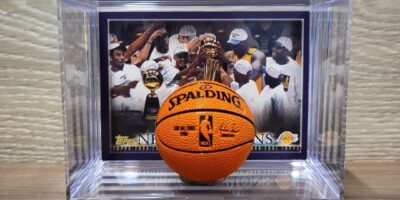Finding sports treasures at estate sales has gotten complicated with all the competition from dealers and flippers flying around. As someone who’s found legitimate gems at estate sales while striking out many times, I learned everything there is to know about this hunting ground. Today, I will share it all with you.
Why Estate Sales
That’s what makes estate sale hunting endearing to us collectors seeking deals — prices often reflect seller ignorance about sports collectible values. The right find can be transformative.
Estate sellers want to clear houses. They’re not card experts. This creates opportunity.
What to Look For
Probably should have led with this section, honestly. High-potential items at estate sales:
- Shoeboxes of old cards – Pre-1980 especially
- Signed items without authentication – May be genuine
- Old sports magazines – Sometimes contain inserts
- Team memorabilia – Jerseys, pennants, programs
- Photos – Original team photos can be valuable
Red Flags
Not every estate sale has value:
- Cards already sorted suggests previous picking
- Prices set by specialist appraisers
- Junk wax era collections (1987-1993)
- Reproduction items mixed with potential authentics
Sale Strategy
Maximize your estate sale success:
- Arrive early (best items go first)
- Ask about sports items specifically
- Check closets, attics, garages
- Make reasonable offers on lots
- Build relationships with estate sale companies
Due Diligence
Before buying:
- Know your price limits
- Understand what you’re looking at
- Factor authentication costs for autographs
- Assume condition issues on unprotected items
The Reality
Most estate sales yield nothing. The occasional find makes the hunting worthwhile. View it as entertainment with potential upside rather than reliable sourcing.
The stories of major finds are true but rare. Manage expectations accordingly.



